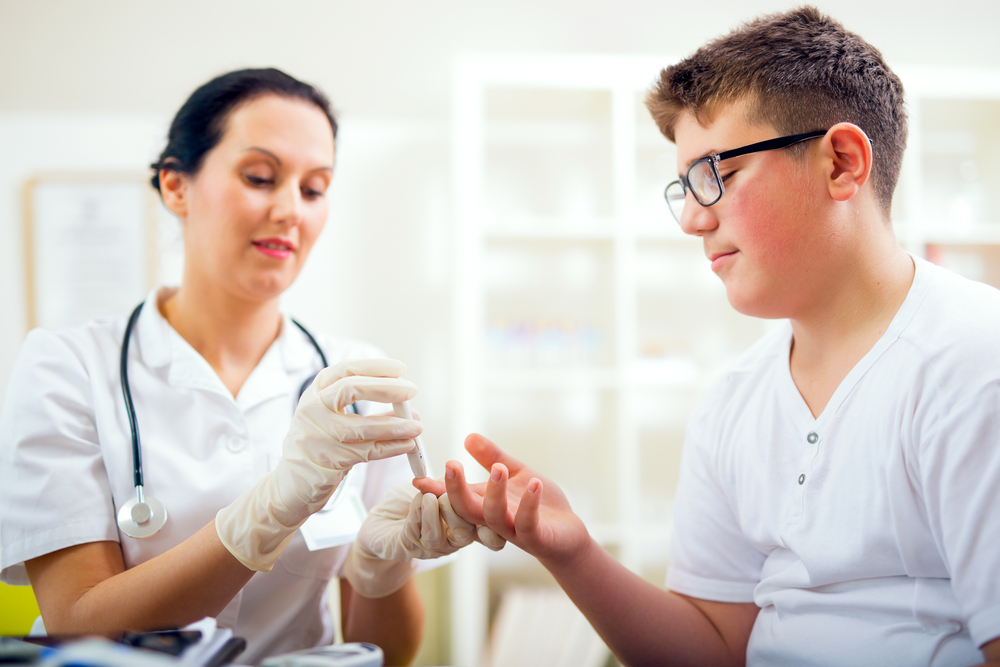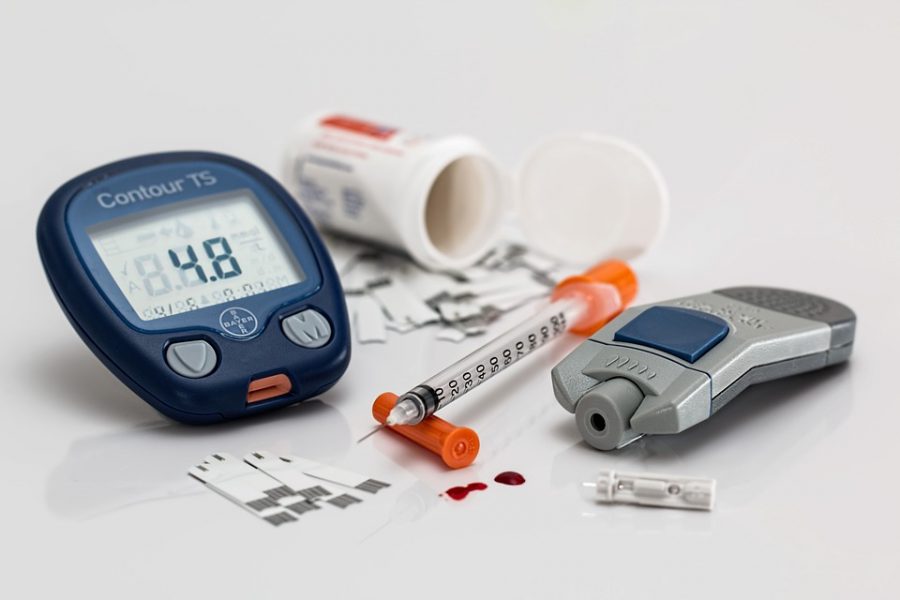Hyperosmolar Hyperglycemic Nonketotic Syndrome- How To Avoid It
The human body is very susceptible to diseases. Doctors, as well as scientists, have worked hard to find the reasons and symptoms to identify the diseases accurately. The hyperosmolar hyperglycemic nonketotic syndrome is also one such disease which is actually an advanced stage of type 2 diabetes.
Medically speaking, it is a serious condition where the body has to face severe damage to many of its organs and in some cases in can be life threatening as well. Hence it becomes very important to know more about the silent killer disease, which is referred to as diabetes.
Hyperosmolar Hyperglycemic Nonketotic Syndrome

Whom does It Happen to?
The Symptoms
To know about the hyperosmolar hyperglycemic state, you must know the symptoms that can help you to identify the disease quickly. From the symptoms, one can easily understand why diabetes is so risky, and why it is known as a life-threatening disease.
Due to the high frequency of urination, the body requires more intake of water, and hence the patient feels thirsty. This is a critical stage as the patient needs to drink any liquid to maintain the body water level. The liquid must be nonalcoholic and noncaffeine. After some time, the color of the urine changes from normal to dark, which is a warning sign of he body becoming dehydrated.
Usually due to increased urination the patient feels thirsty, but in case he does not feel so, he needs to drink plenty of liquids to prevent dehydration. The patient also may suffer from vision problems and hallucinations sometimes due to high sugar. His or her mouth may feel dry and parched, and there is a high fever. There is no sweating as the skin is warm and dry. Many times, patients complain about feeling weak on one side of the body.
What Can Happen Next?
Well, it is a risky situation where immediate medical treatment has to be given. It can lead to hyperosmolar nonketotic coma which is known as diabetic coma which can even cause death. In this situation the body is not able to produce glucose for energy, it starts to burn fat. This is due to lack of insulin in the body that can help the body to produce glucose. This process leads to the production of Ketones. Accumulation of Ketones in the blood makes it more acidic, and gradually the body develops other diseases that add the fuel to the fire.
What To Do In Such a Situation?
The first important point here is to keep diabetes or the blood sugar levels under check. For this one needs to go for a regular check of blood sugar levels before a meal, and even after a meal. A huge variation in levels should indicate an alarm and consider treatment immediately.
One must keep record of test reports handy as they can help the doctor to diagnose quickly and accurately, and prescribe the appropriate treatment. Those who are already on insulin must inform on the level of their insulin intake, to help the doctor to decide the right course of treatment. The medicines prescribed by the doctor must be taken per their advice and as per the prescribed dose only. One must remember that in the case of HHNS one must not exercise or do any other work which can exert the body.
Usually one cannot find the warning signs of HHNS in advance, but the blood sugar levels report can help understanding. Hence watch your blood sugar levels closely to avoid the risky situation of going into a coma.
How To Avoid It?
The age old proverb “prevention is better than cure” rightly applies here. Those who have diabetes must keep a check on their blood sugar levels and make a note of the fluctuations. Diet plays an important role and the foods which are rich in carbohydrates must be avoided. Those foods with minerals and vitamins must replace the carbohydrate-rich food. Food with oil and butter must be avoided, or kept to the minimum.
Exercise, whether light exercise, aerobics, jogging, brisk walking, running, cardio, walking, swimming, cycling or any other aerobics must be added as a part of the regimen. More physical activities can help control the blood sugar level. One must keep a check on body weight as well as low body mass index to control diabetes.
What One Must Not Do
Those who have diabetes must refrain from doing a few things. One must not play with medicines and should take them as per the dosage prescribed by the doctor. One must not skip the medication, and if in case it is skipped, do not double the dose next time. Avoid all beverages with sugar and also keep the alcohol consumption to a minimum. Smoking is also prohibited for such patients. The diet restrictions must be followed rigorously as it can help your body keep healthy naturally. In the case of HHNS, one must call the experts immediately. They are the ones who can decide the treatment on an emergency basis, and you must cooperate.
It is important that you provide all the material information so they can understand the situation, and know exactly about the condition of your body to decide the proper medication. A little care can help keep your body healthy.


